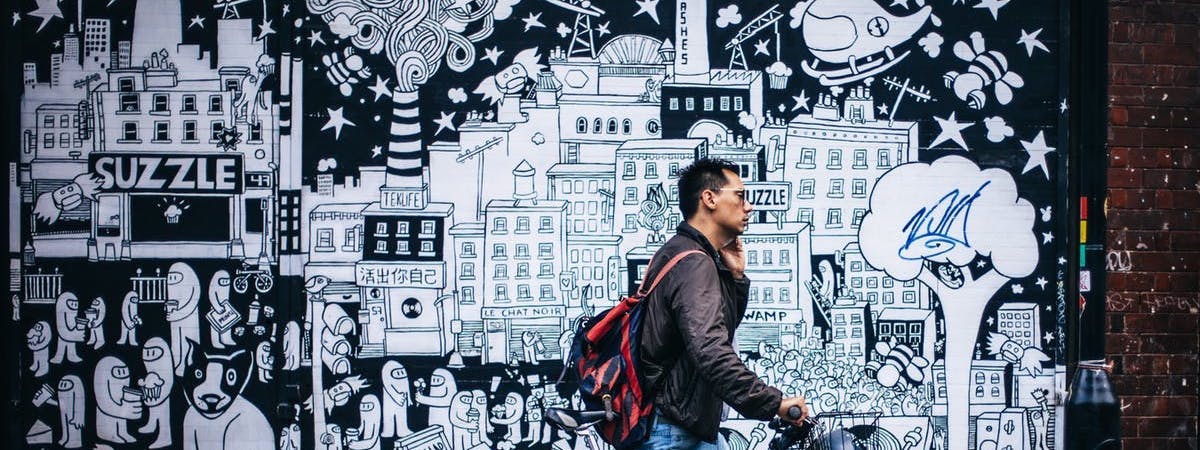Social Innovation & Social Enterprises

Ryerson continues to build on its strengths of integrating theory with practice through much-needed disruptions in the realms of social justice, inclusion and diversity, and by meeting societal and global challenges through the development of social enterprises and initiatives that coalesce into evidence-based solutions.

RECODE at Ryerson, with funding from the J.W. McConnell Family Foundation, provided both students and faculty with opportunities to pursue applied research or social innovation projects.
Alexandra Fiocco (Psychology) and Richard Lachman (Digital Media) are addressing the concern of maintaining and improving quality of life for seniors who are frail and unable to travel independently. Their study, Virtual reality travel for psychological well-being in senior residents of long-term care facilities, analyzes the use of virtual travel, tourism and access to nature for seniors with the aim of alleviating loneliness and depression for seniors who are often forgotten or ignored.
Dale Podolsky, an engineer and resident in plastic and reconstructive surgery, developed a cleft palate surgical simulator that allows trainees to practice the highly complex procedure before operating on a live patient. Through the Biomedical Zone and with partner organization Transforming Faces, the project A novel pilot simulation training program for cleft palate surgery in low and middle income countries launched a training workshop that was held in Santiago, Chile at Fundacion Gantz hospital to support cleft palate surgeons from Santiago and the surrounding community.

In its third successive year, Partnership for Change: The RBC Immigrant, Diversity and Inclusion Project at Ryerson University awarded six student-led and 11 faculty-led projects, for a current total of over 67 projects.
Jennifer Clarke (Social Work) received support for Banking on Leaving Care, a study that delves into the over-representation of African-Canadian children in child welfare systems, which looks to address this marginalization by highlighting major gaps in current research, including the lack of data about the preparedness and experiences of African-Canadian immigrant youth when they age out of state care. There is presently a distinct absence of their voices and needs within research literature that this project seeks to remedy.
Yvonne Verlinden (Urban and Regional Planning), a master’s student, received support for Cycling to Social Inclusion: The Bike Host Program in Toronto, a project undertaken in partnership with CultureLink Settlement and Community Services. The Bike Host program is in the fifth year of its current configuration. Bicycles are loaned for the summer to newcomers who are then paired with a mentor who is familiar with cycling in Toronto. This year, the project focused on the newcomer aspect of the program to investigate the effects of access to a bicycle on newcomer independent mobility, social inclusion and feelings of belonging.